
Extreme violences: MSF experience in Rwanda
Jean-Hervé Bradol & Marc Le Pape
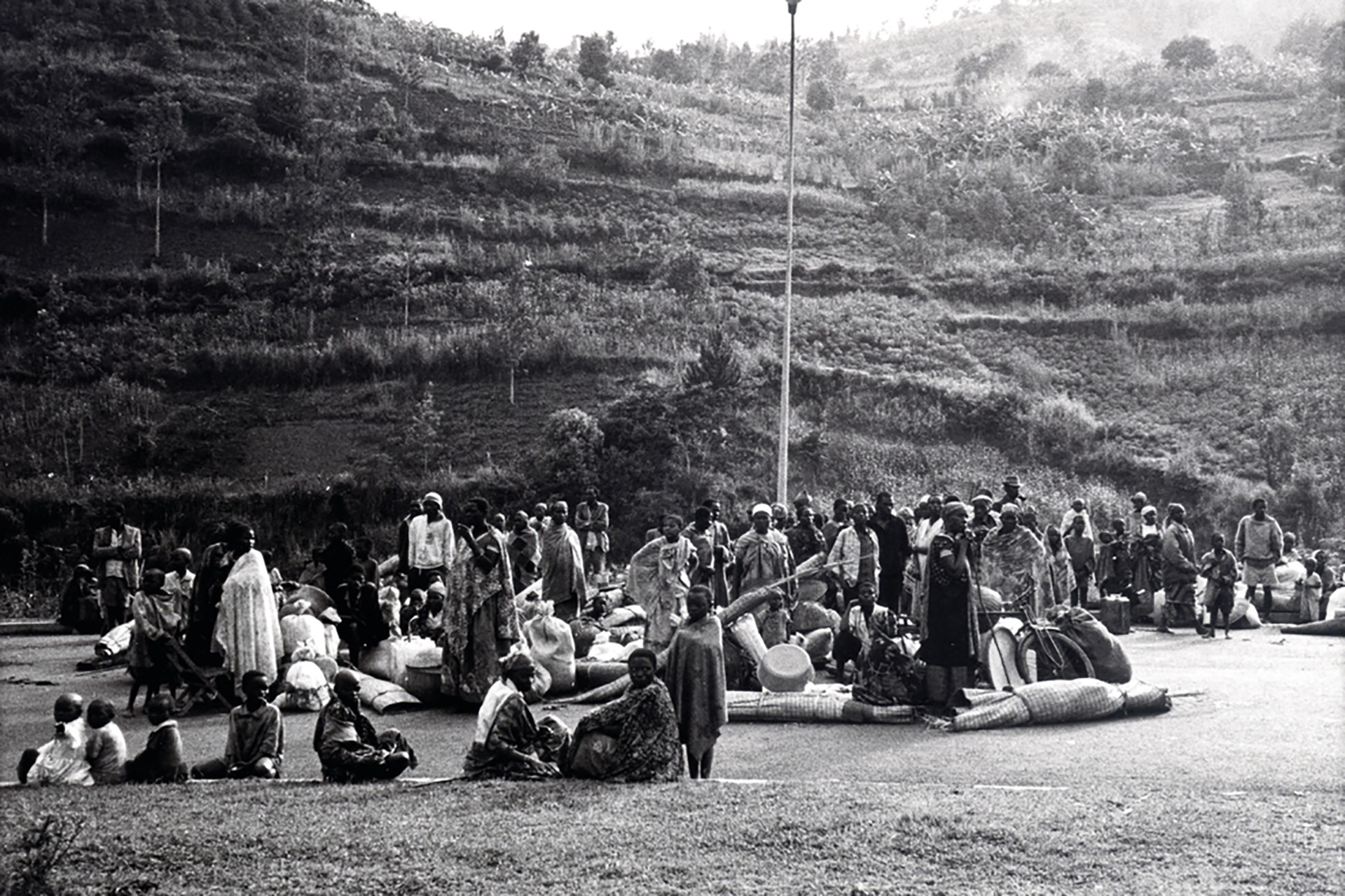
Rwandan refugees at the border between Burundi and Rwanda, April 1994
Copyright: Xavier Lassalle
Several texts by members and associates of the CRASH published between 1994 and 2014 are united in this collection. In 2017, a book joins these publications: Humanitarian aid, genocide and mass killings: Médecins Sans Frontières, the Rwandan experience (1982-1997)
Some articles of this dossier are only available in French.
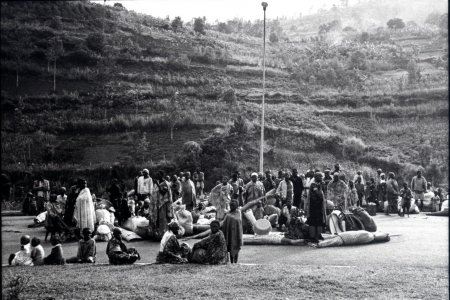 Xavier Lassalle/MSFAnalysis
Xavier Lassalle/MSFAnalysisRwanda : l’histoire longue du génocide
04/06/2019Un ouvrage propose une synthèse sur le génocide des Tutsis en 1994, depuis le début de la guerre jusqu’à la mise en place de la politique mémorielle. Au-delà, il retrace l’histoire du Rwanda sur le temps long du XXe siècle, en insistant sur les constructions coloniales et ethniques.
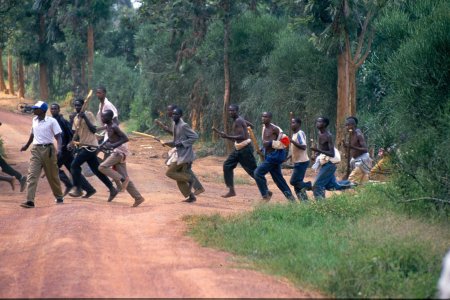 Roger JobReview
Roger JobReviewFrom War To Genocide: Criminal Politics in Rwanda 1990–1994; Humanitarian Aid, Genocide and Mass Killings: Médecins Sans Frontiéres, The Rwandan Experience, 1982–97
10/07/2018Although much has been written about the 1994 genocide in Rwanda, two recent volumes offer fresh perspectives and add considerable insights. Guichaoua’s From War to Genocide: Criminal Politics in Rwanda 1990–1994 takes the reader deep into the belly of the beast. The book describes and analyzes the real politics of the politics of genocide based on extraordinary detailed evidence with respect to the strategies and tactics of key military and political players. Bradol and Le Pape’s Humanitarian Aid, Genocide and Mass Killings: Médecins Sans Frontières, The Rwandan Experience, 1982–97 offers a unique understanding of the consequences of this murderous political game from the point of view of humanitarian aid workers in general and the NGO Doctors Without Borders (Médecins Sans Frontières – MSF) in particular.
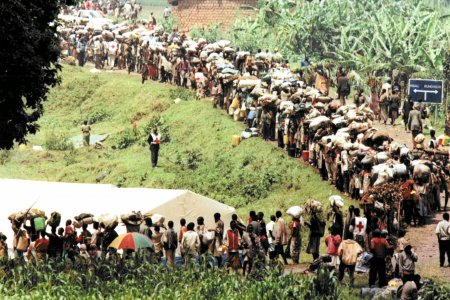 John ParkinOpinion
John ParkinOpinionDebate: Judi Rever will not let anything stand in the way of her quest to document a second Rwandan genocide
06/06/2018Published in March 2018, Judi Rever’s investigative work, In Praise of Blood, quickly garnered international attention. It is an indictment of both the Rwandan patriotic front (RPF) and its leader, current Rwandan president Paul Kagame, and foreign governments and international institutions – the International Criminal Tribunal for Rwanda (ICTR), in particular – that allowed crimes committed against Hutu civilians to go unpunished.Judi Rever’s book is more than a work of investigation. It reads like a prosecutor’s closing argument: the massacres are described in such a way as to classify them as genocide. And it is precisely this combination of investigation and the pursuit of evidence that would stand up in a court of law that is problematic.
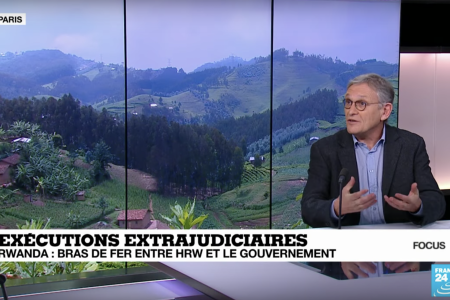 France 24In the media
France 24In the mediaRwanda: Bras de fer entre HRW et le gouvernement
10/31/2017Rony Brauman est l'invité de France 24 dans le cadre d'un reportage sur des exactions extrajudiciaires commises par les forces de l'ordre et dénoncées dans un rapport de l'ONG Human Rights Watch, publié en juillet 2017.
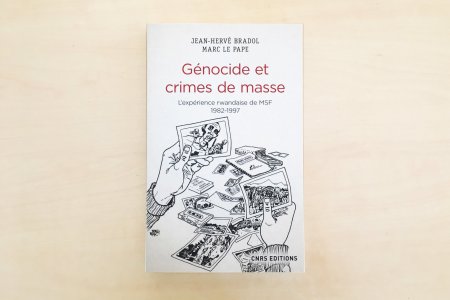 MSF-CrashBook
MSF-CrashBookHumanitarian aid, genocide and mass killings. Médecins Sans Frontières, the Rwandan experience, 1982-97
11/04/2016Throughout the 1990s, Médecins Sans Frontières (MSF) was forced to face the challenges posed by the genocide of Rwandan Tutsis and a succession of major outbreaks of political violence in Rwanda and its neighbouring countries.
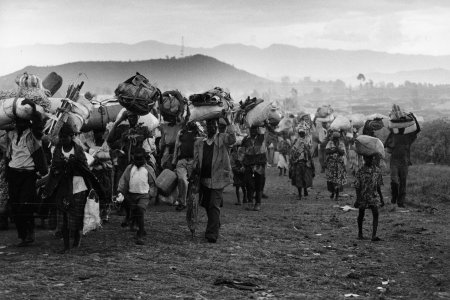 Remco Bohle Speaking Out Case Studies
Remco Bohle Speaking Out Case StudiesThe Hunting and Killing of Rwandan Refugees in Zaire-Congo: 1996-1997
04/03/2014The ‘Hunting and killings of the Rwandan refugee in Zaire/Congo' case study is describing the constraints and dilemmas faced by Médecins Sans Frontières' teams in 1996 and 1995 when trying to bring assistance to the Rwandan refugees in Eastern Zaire.
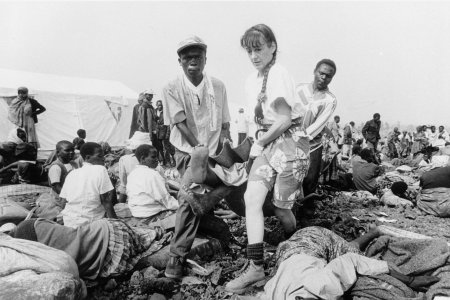 Remco Bohle Speaking Out Case Studies
Remco Bohle Speaking Out Case StudiesRwandan Refugee Camps in Zaire and Tanzania 1994-1995
04/03/2014This case study is describing the constraints and dilemmas met by MSF when confronted with camps under the tight control of "refugee leaders" responsible for the genocide of the Rwandan Tutsis from April to June 1994.
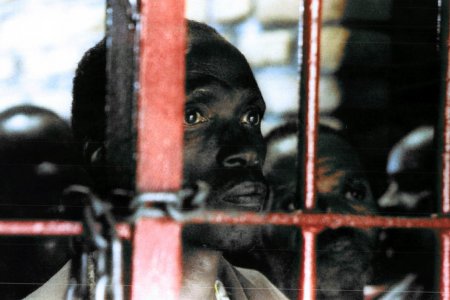 Corinne Dufka Speaking Out Case Studies
Corinne Dufka Speaking Out Case StudiesThe violence of the new Rwandan regime 1994-1995
04/03/2014This case study is describing the difficulties and dilemmas that Médecins Sans Frontières faced in 1994 and 1995 when confronted with the abuses and crimes of the new regime that had taken over in Rwanda in July 1994.
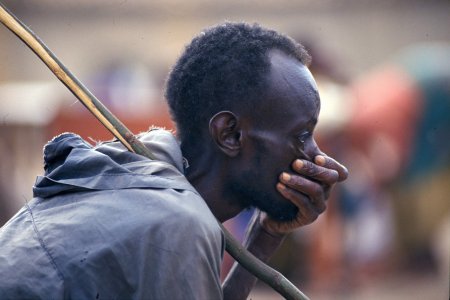 Roger Job Speaking Out Case Studies
Roger Job Speaking Out Case StudiesGenocide of Rwandan Tutsi 1994
04/03/2014This case study is describing the difficulties and dilemmas met by Médecins Sans Frontières (MSF) during the genocide of Rwandan Tutsis in April, May and June 1994.
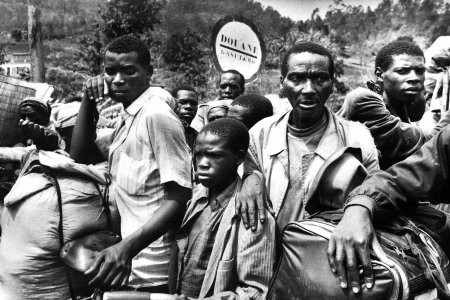 Klaas FopmaOp-ed
Klaas FopmaOp-edRwanda: les idiots utiles de Kagame
01/28/2012Cette tribune a été publiée dans le journal Marianne, le 28 janvier 2012. Les découvertes du juge Trevisic ont relancé la polémique sur le Rwanda, une partie de la presse exonérant Kagame de ses responsabilités passées et présentes. Rony Brauman, Jean-Hervé Bradol et Claudine Vidal tentent de mettre en lumière les véritables enjeux du génocide rwandais.
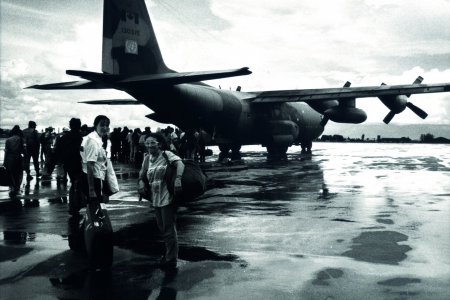 Xavier LassalleOpinion
Xavier LassalleOpinionRwanda: un rapport balistique qui fait péter les plombs
01/16/2012L'expertise balistique au sujet de l'attentat commis en 1994 contre l'avion qui ramenait à Kigali les présidents du Rwanda et du Burundi a provoqué de nombreux commentaires dans la presse, actant comme Le Monde d'une «vérité à la portée historique et diplomatique».
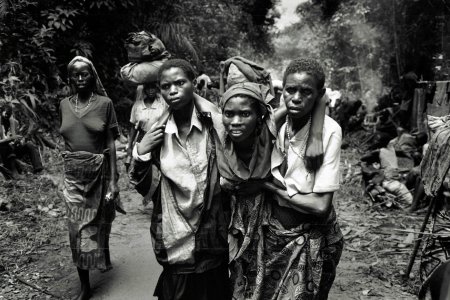 Sebastiao SalgadoReview
Sebastiao SalgadoReviewUne enquête sur les actions de la France au Rwanda et les polémiques qu’elles suscitent
12/15/2008Marc Le Pape nous propose un compte rendu du livre d'Olivier Lanotte, La France au Rwanda (1990-1994) Entre abstention impossible et engagement ambivalent (Peter Lang, Bruxelles, 2007).
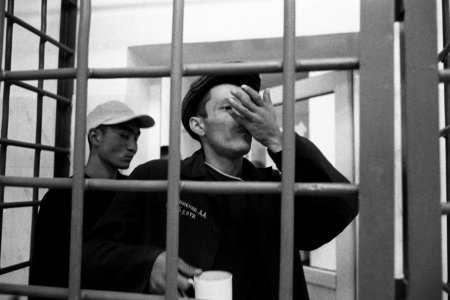 Aleksandr GlyadyelovOpinion
Aleksandr GlyadyelovOpinionRwanda, vérité et mensonge
03/01/2006Rony Brauman confronte deux visions du drame Rwandais à travers les ouvrages respectifs de leurs auteurs, Pierre Péan et Abdul Ruzibiza.
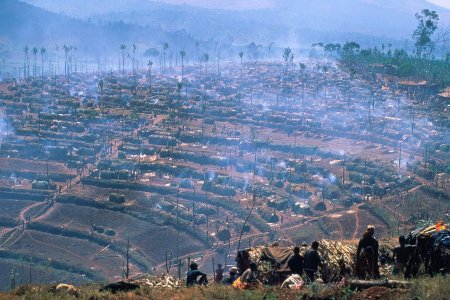 Wim Van CappellenOp-ed
Wim Van CappellenOp-edL'Etat français et le peuple rwandais
11/03/2004La France a une responsabilité considérable dans ce qui est arrivé au Rwanda, et la dénégation constante de cette responsabilité rejaillit sur tout le corps politique français. Cette tribune a été publiée dans le journal La Croix, le 3 novembre 2004.
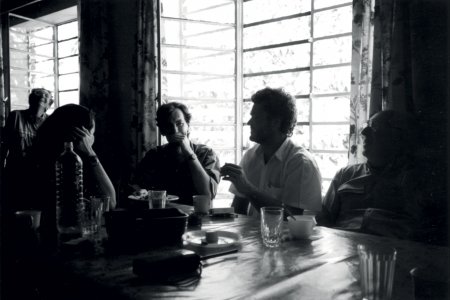 Xavier LassalleOpinion
Xavier LassalleOpinionViolence de la mémoire
03/01/2004Dix ans après le génocide rwandais, Rony Brauman évoque la question de la « mémoire » du génocide et de sa possible instrumentalisation.
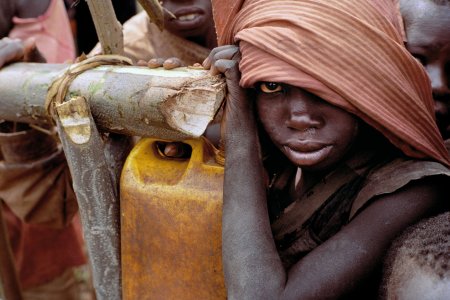 Ian BerryAnalysis
Ian BerryAnalysisTerror and Impunity in Rwanda
08/01/2000Not having seen the genocidal drift of Hutu Power in 1994 coming, the international community grants Paul Kagame's RPF the impunity of victims. Yet such power also lends itself to criminal acts. The authors express their indignance that NGOs and international organisations - invoking the duty of remembrance - join in the endless evocation of the past that masks the political phenomena at the root of the current violence.
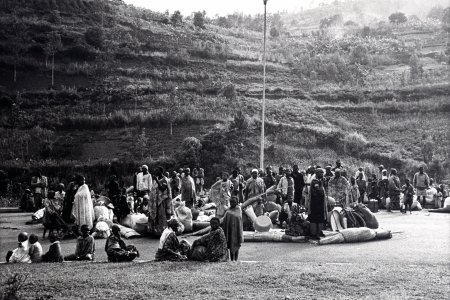 Xavier LassalleOp-ed
Xavier LassalleOp-edLe Rwanda à huis clos
05/15/1998Cette tribune a été publiée dans le journal Libération, le 15 mai 1998. La décision de créer une mission parlementaire d'information sur le Rwanda a été une heureuse surprise. Mais entendre à huis clos les responsables administratifs et militaires de l'engagement français au Rwanda est une mauvaise décision.
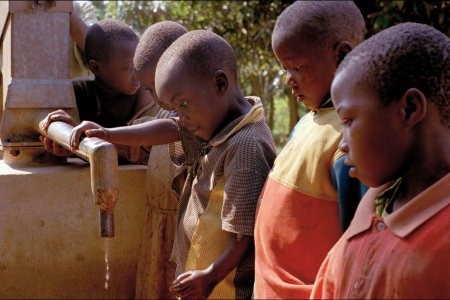 Ian BerryOp-ed
Ian BerryOp-edRwanda : l’esprit humanitaire contre le devoir d’humanité
06/30/1994Tout en pointant les responsabilités de la France dans son soutien au régime à l'origine du génocide tutsi au Rwanda, Rony Brauman critique les humanitaires qui déplorent l'intervention armée de la France dans le cadre de l'Opération Turquoise.


